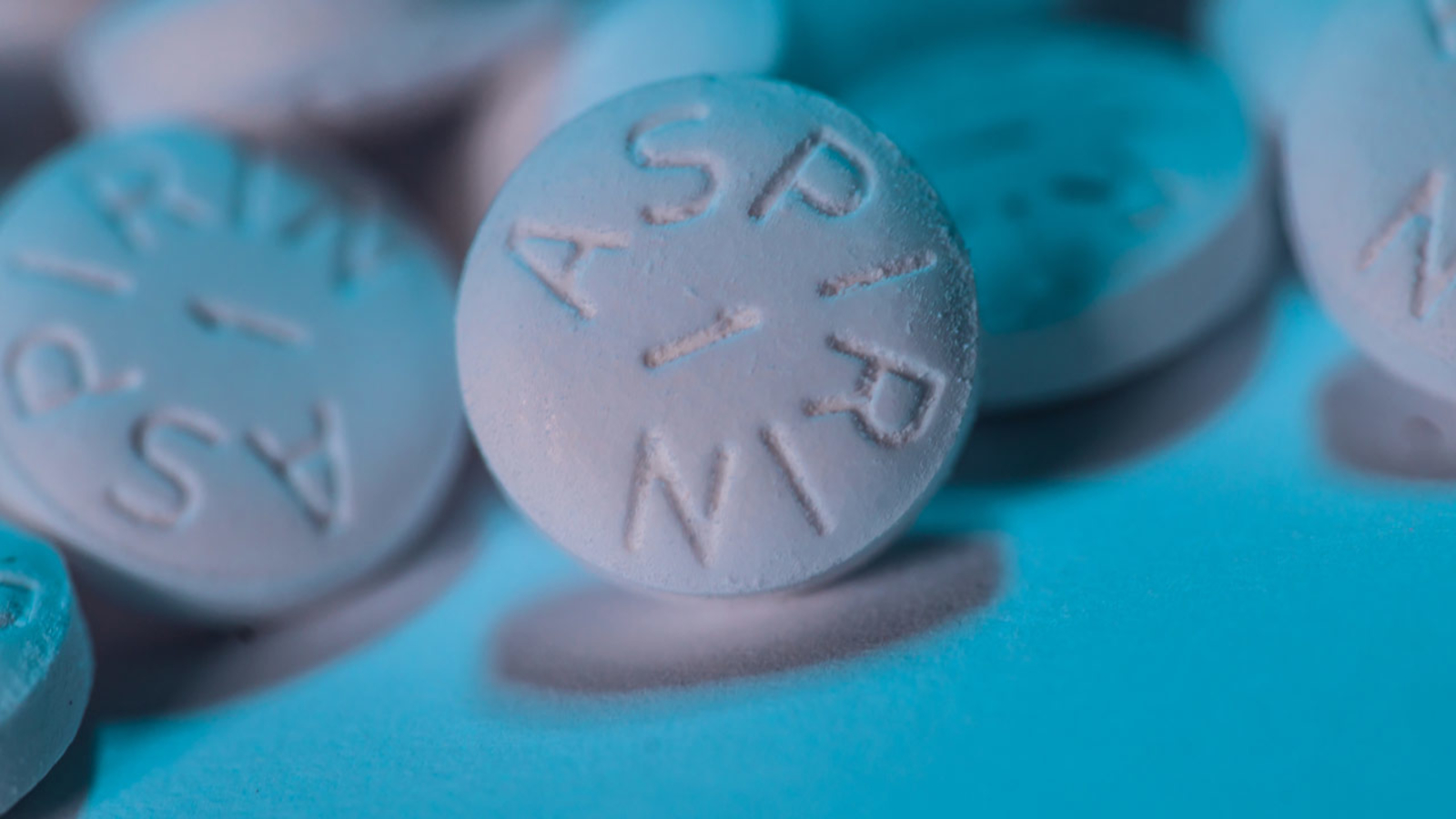Is The ‘Low Dose Aspirin’ Scare Baseless?
This past week, I heard a report on my morning news that said a recent study on the use of low dose aspirin could increase the risk of bleeding in the brain.
However, is this latest study a real reason for concern and if so, does it counter the benefits of taking a low dose aspirin?
According to a report:
“Researchers analyzed data from 13 previous studies in which over 130,000 people ages 42 to 74, who didn’t have a history of heart disease or stroke, were given either low-dose aspirin or a placebo for the prevention of these conditions.”
“An aspirin is typically defined as low-dose if it is between 75 and 100 milligrams, but most over-the-counter pills are around 81 milligrams.”
“People who took the placebo had a 0.46% risk of having a head bleed during the combined trial periods. For those who took low-dose aspirin, the risk was 0.63%, the equivalent of an additional 2 out of every 1,000 people developing a bleed, according to the study, published Monday in the journal JAMA Neurology.”
After studying 130,000 people the risk of developing a brain bleed after taking a low dose aspirin was a whopping 0.17%. I have a strong science background and have conducted a number of research studies and one thing that is important for any study is the margin of error. For many reports deemed credible, the allowable margin of error ranges from 1% to 3%. Now realize that the increased risk in this study is only 0.17%, which is well within the standard margin of error. If I had ever turned in a report with that small of percentage difference, my research would have been deemed useless and if it was for a class at university, it would have been deemed too insignificant to make a difference.
So, what are some of the benefits of taking low dose aspirin?
One report from 2017 stated that taking low dose aspirin was shown to reduce the risk of stroke and heart disease.
In another 2017 report, it was reported:
“It’s one of the largest studies ever done; researchers looked at more than 86,000 women for more than two decades to see what role aspirin may play in reducing cancer risk. It’s a common pill people have likely already have in their medicine cabinet for ‘pain, fever, inflammation’. Now, breast cancer researchers such as Dr. Joan Garrett said when it comes to taking a daily dose of slightly more than about 80 milligrams of aspirin and not smoking, it can be effective in terms of reducing cancer risk.”
“And not just any cancer, it appears to lower a woman’s risk of dying from breast cancer; not a lot but enough to be significant Dr. Garrett said. People could add daily aspirin perhaps to other lifestyle changes such as regular exercise for less waist weight, a healthy diet, and not smoking. She pointed out that the research simply added to what was already known: that aspirin may make a difference in heart disease and perhaps other cancers.”
I just saw my doctor for my regular checkup for my diabetes and blood pressure. When taken in the doctor’s office, my blood pressure showed a good range systolic (low number) but a high range diastolic (high number). The first question my doctor asked me was if I was taking a low dose aspirin and I told her I was. I mentioned the study about the increased risk of the brain bleed and she laughed at the extremely low difference was laughable.
If you have a question about whether or not take a low dose aspirin, talk to your doctor.









Recent Comments